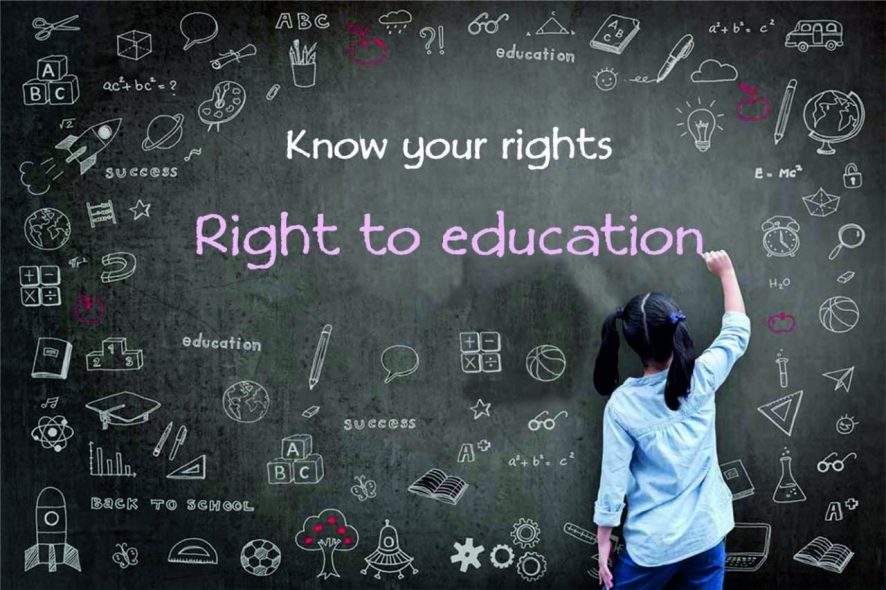Inclusive education is a philosophy that advocates for embracing diversity and ensuring that all students, regardless of their abilities, backgrounds, or characteristics, receive equal opportunities to learn and thrive in the classroom. It is a transformative approach that promotes acceptance, respect, and understanding among students, fostering a sense of belonging and creating a positive learning environment. Inclusive education recognizes and values the unique strengths and challenges that each student brings, promoting their active participation and engagement in the learning process. One of the fundamental principles of inclusive education is providing appropriate support and accommodations to meet the diverse needs of students. This may involve adapting teaching strategies, materials, and assessments to cater to different learning styles and abilities. In an inclusive classroom, teachers embrace a student-centered approach, focusing on individual strengths and utilizing differentiated instruction to ensure that every student can access the curriculum effectively.

Inclusive education also promotes the idea of collaboration and cooperation among students. It encourages peer support and fosters positive relationships, breaking down barriers and stereotypes. By working together, students learn from each other’s experiences, perspectives, and cultures, promoting empathy and understanding. Inclusive classrooms often implement cooperative learning strategies that encourage teamwork, problem-solving, and communication skills, preparing students for the diverse and interconnected world they will encounter beyond the classroom. Moreover, inclusive education plays a vital role in fostering social and emotional development. It creates an environment where students feel accepted and valued for who they are, which promotes a positive self-image and confidence. By nurturing a sense of belonging, inclusive education reduces the risk of social exclusion and bullying, creating a safe and supportive space for all students. It also teaches empathy, respect, and tolerance, preparing students to become compassionate and inclusive citizens who appreciate diversity and embrace differences.
Inclusive education benefits not only students with disabilities or special needs but also their peers. It cultivates an inclusive mindset and prepares students for a diverse society, breaking down stereotypes and promoting equality. Research has shown that inclusive education leads to improved academic outcomes, increased social skills, and higher levels of student engagement and motivation. It also equips students with the necessary skills to navigate an inclusive workplace in the future, fostering a society that values and celebrates diversity. In conclusion, inclusive education is a powerful approach that embraces diversity and ensures equal opportunities for all students. By creating inclusive classrooms that cater to diverse needs, promoting collaboration and cooperation, and nurturing social and emotional development, inclusive education sets the stage for a more inclusive and equitable society. It fosters acceptance, understanding, and respect, preparing students to embrace diversity and contribute positively to the world. Through inclusive education, we can build a future where every student is valued, supported, and empowered to reach their full potential.